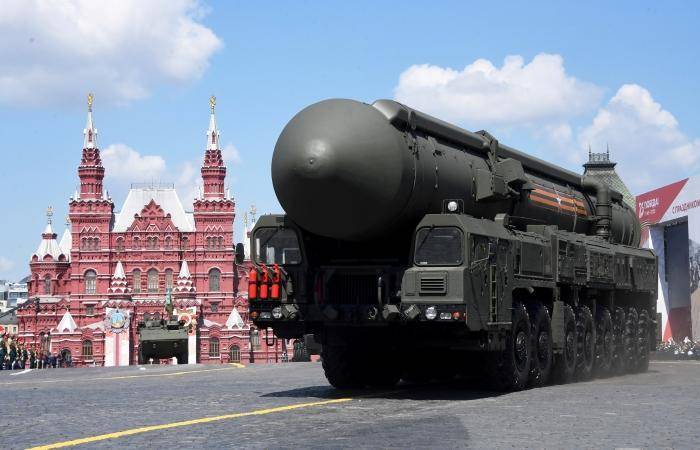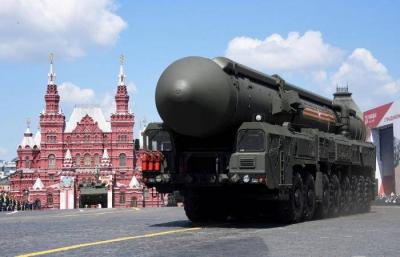Following President Vladimir Putin's renewed statements about Russia's intention to further develop the "nuclear trinity," questions have arisen regarding the nature of this triad that heightens Western concerns. During a graduation ceremony for military, police, and intelligence academies at the Kremlin, Putin stated that Russia "intends to carry out further development of the nuclear trinity as a guarantee of strategic deterrence and to maintain the balance of power in the world."
Russia refers to the nuclear trinity as the nuclear missiles that can be launched from land, sea, and air. This includes: mobile and stationary ground-based intercontinental ballistic missile launchers, submarines armed with ballistic missiles and cruise missiles, and air-launched missiles carried by long-range heavy bombers capable of carrying nuclear bombs or cruise missiles with nuclear warheads.
It is called the "trinity" because the systems for delivering nuclear warheads consist of three main elements: land, sea, and air. There are three types and components which are: "long-range strategic bombers, land-based intercontinental ballistic missiles, and sea-launched ballistic missiles from submarines and warships."
Putin noted that the development of this trinity aims to maintain the balance of power in the world, which also includes a variety of other nuclear weapons that Moscow emphasizes are meant for "nuclear deterrence."
Russia sets out four conditions that would allow it to resort to using nuclear weapons, including "if Russia receives reliable intelligence about the launch of ballistic missiles attacking its territory and/or the territory of its allies," "if the enemy uses nuclear weapons or other types of weapons of mass destruction against Russia and/or its allies," "if the adversary strikes, even with conventional weapons, important Russian governmental or military facilities, damaging them in a way that disrupts the response of Russian nuclear forces," and "if Russia is subjected to a large-scale conventional attack that threatens the existence of the state and destroys its institutions and control mechanisms."
It also stresses that the President of the country, who makes the decision to use nuclear weapons if necessary, can notify the authorities of other countries and/or international organizations about this matter. In 2023, President Vladimir Putin stated that there was no need to change the nuclear doctrine by lowering the threshold for the use of nuclear weapons, but he recently hinted that this could be possible.
Russia has been updating its nuclear triad since the early 2000s, stating that this is due to the United States' withdrawal from the Anti-Ballistic Missile Treaty, which ended in 2002. At that time, Putin said, "It allowed us to take a swift and significant step in the creation of new types of strategic weapons."




